13 Foods to Avoid If You Have High Blood Pressure
High blood pressure, or hypertension, is a global health concern affecting millions of individuals across diverse demographics. Often termed the "silent killer," it frequently presents no symptoms but can lead to severe health complications like heart disease, stroke, and kidney failure. Diet plays a pivotal role in managing blood pressure levels, with certain foods known to exacerbate the condition. The connection between diet and blood pressure is well-documented in scientific literature. Foods high in sodium, sugar, and unhealthy fats are particularly notorious for their hypertensive effects. By the end of this journey, readers will have a comprehensive understanding of how certain foods influence blood pressure and the steps necessary to safeguard their cardiovascular health.
1. The Salty Truth: Sodium and Its Role in Hypertension
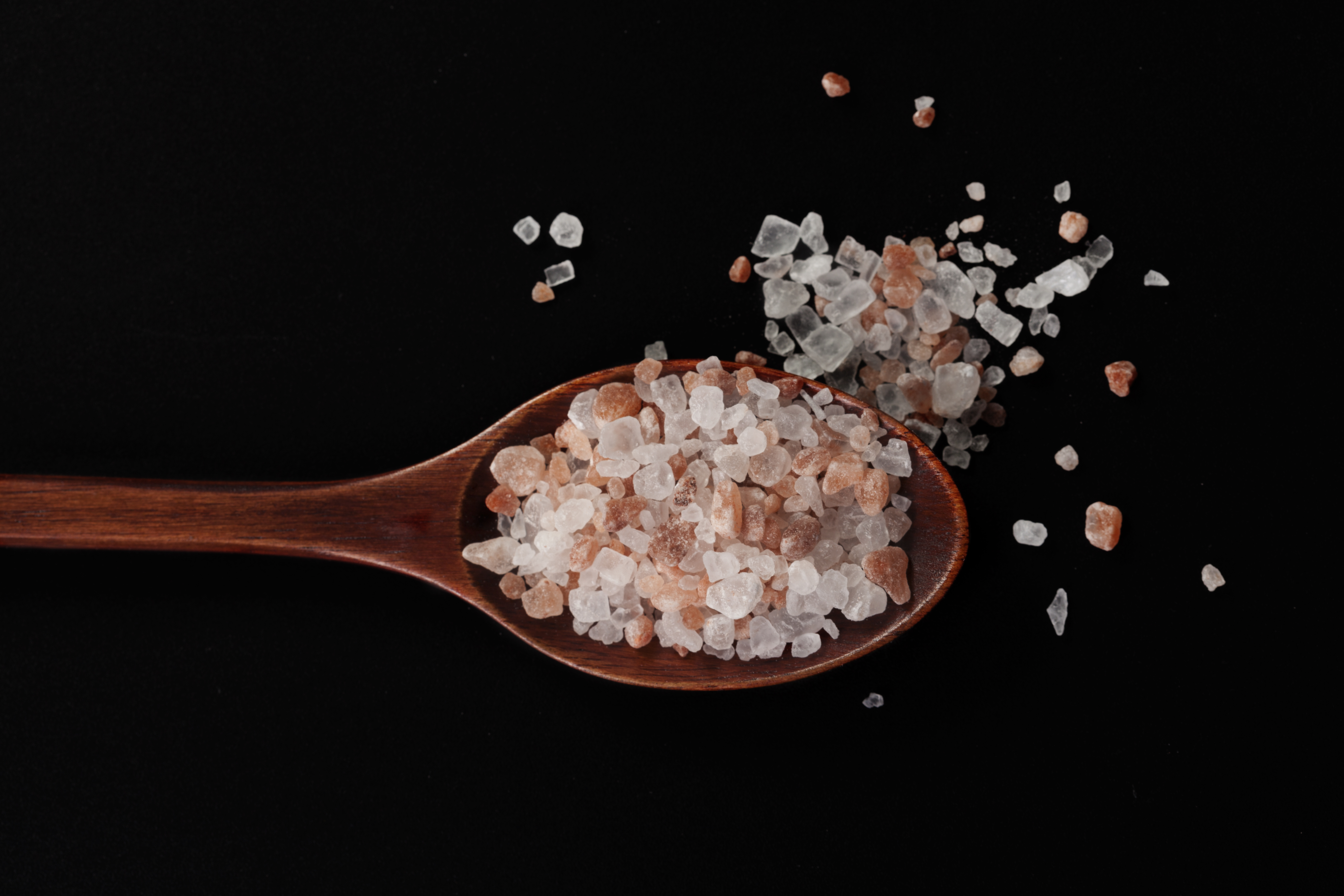
Sodium is a mineral essential for various bodily functions, including fluid balance and nerve transmission. However, excessive sodium intake is a primary dietary factor contributing to hypertension. The average diet often contains far more sodium than the recommended daily allowance, mainly due to processed and convenience foods. When sodium levels in the bloodstream rise, the body retains water to dilute it, increasing blood volume and, consequently, blood pressure. This physiological response places additional strain on the cardiovascular system, heightening the risk of hypertension-related complications. The relationship between sodium and blood pressure is supported by numerous studies, including the landmark Dietary Approaches to Stop Hypertension (DASH) trial. This research demonstrated that reducing sodium intake significantly lowers blood pressure in individuals with hypertension. Public health initiatives worldwide emphasize the importance of sodium reduction, yet many people remain unaware of hidden sodium sources in their diets. By being vigilant about sodium content in foods and opting for low-sodium alternatives, individuals can take a proactive step toward better blood pressure management.
2. Sugar's Sweet Deception: The Hidden Hypertension Risk
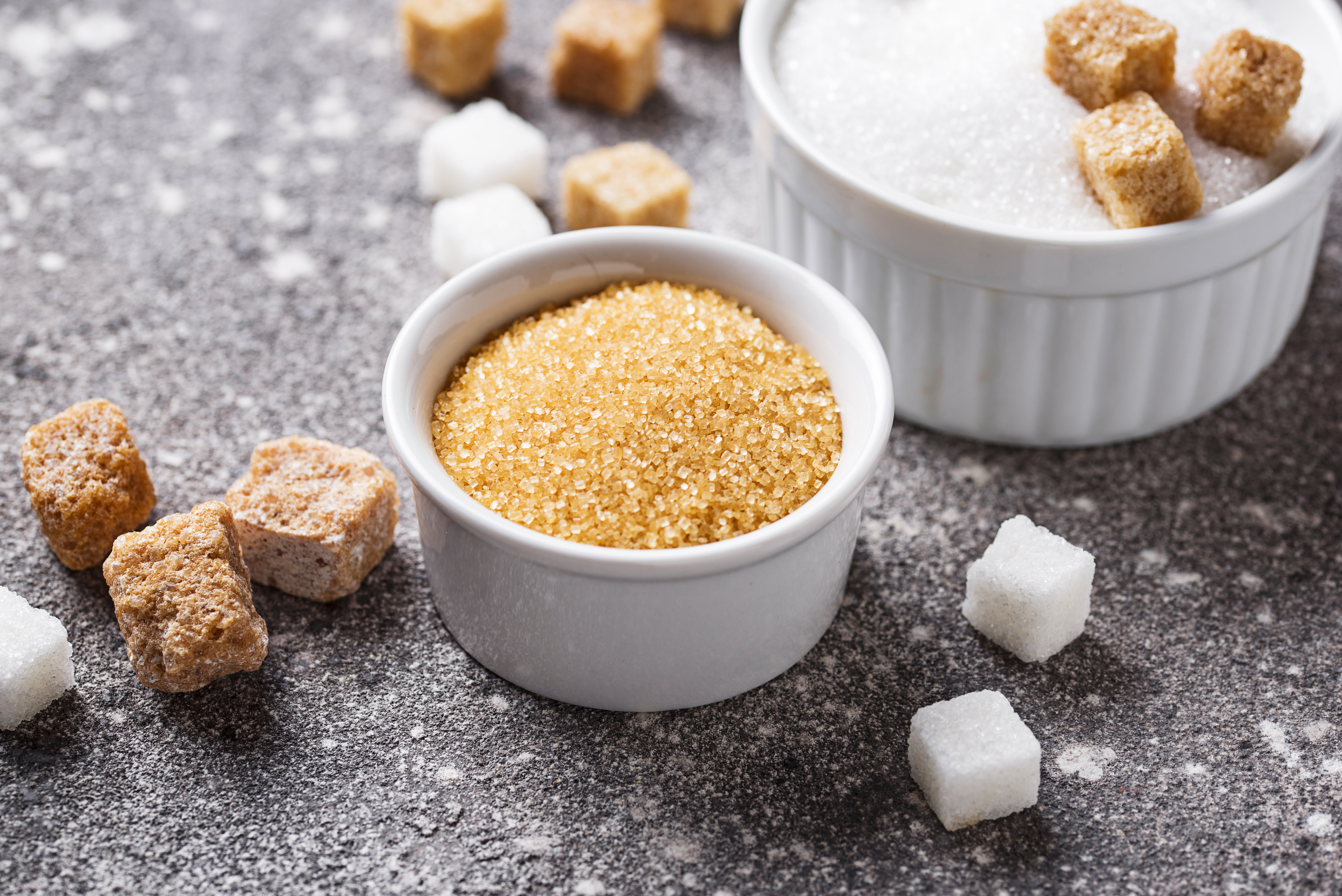
While sugar is often associated with weight gain and diabetes, its role in hypertension is less well-known but equally concerning. High sugar consumption, particularly from sugary beverages and processed foods, is linked to increased blood pressure levels. The mechanism involves sugar's ability to stimulate insulin production, which can lead to sodium retention and increased blood volume. Moreover, excessive sugar intake is associated with obesity, a significant risk factor for hypertension. The combination of these factors creates a perfect storm for elevated blood pressure. Recent research highlights the need for a broader public understanding of sugar's impact on cardiovascular health. Reducing sugar intake can have a profound effect on blood pressure levels, as demonstrated in various clinical studies. By choosing natural sweeteners, limiting sugary snacks, and being mindful of hidden sugars in packaged foods, individuals can significantly reduce their sugar consumption. This conscious effort not only aids in blood pressure management but also contributes to overall health and well-being.
3. Processed Foods: The Silent Sodium Reservoir
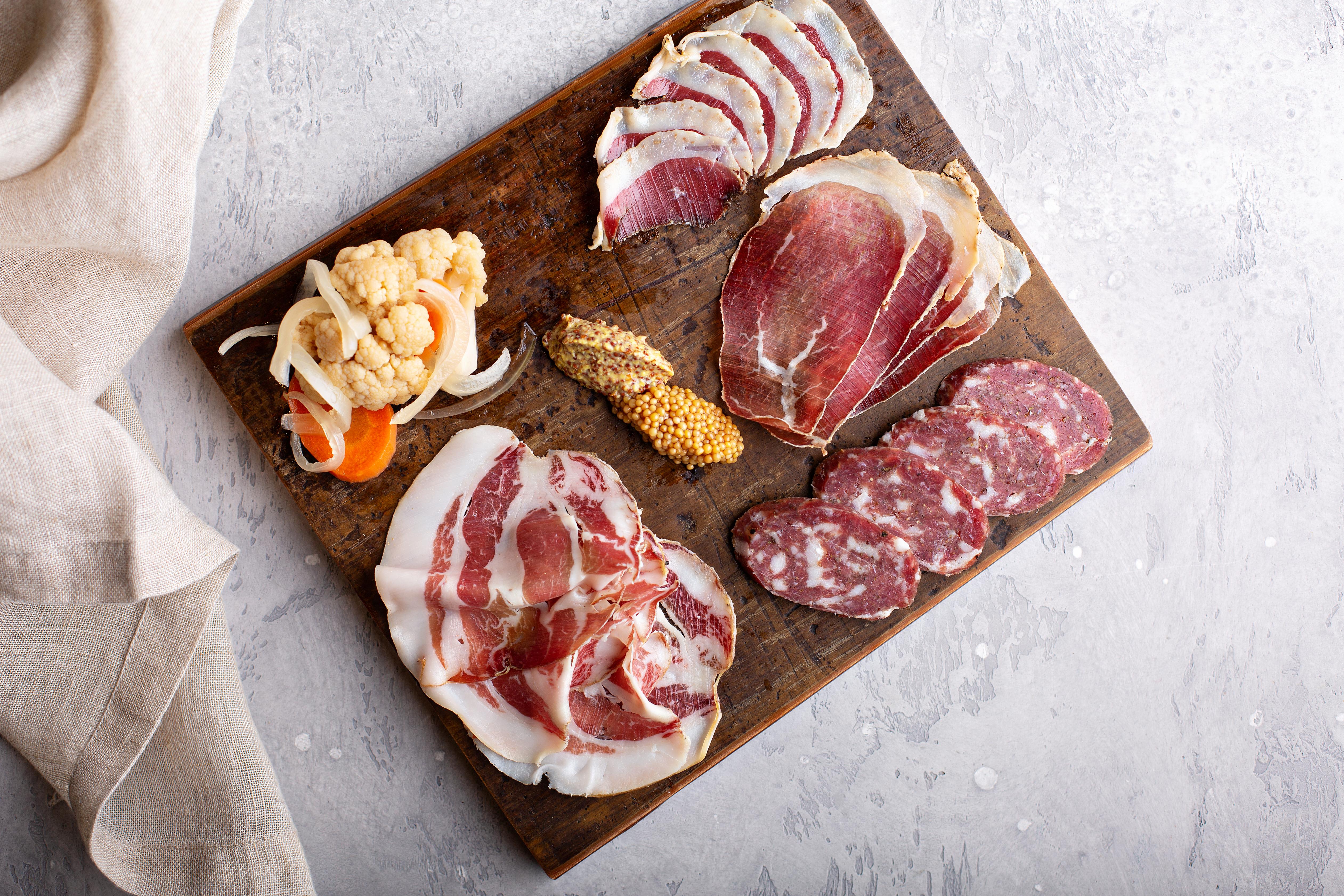
Processed foods are a staple in many diets due to their convenience and long shelf life. However, they are often laden with sodium, preservatives, and unhealthy fats, making them a significant contributor to hypertension. Items such as canned soups, frozen meals, and deli meats are notorious for their high sodium content. Even seemingly healthy options like whole-grain bread and breakfast cereals can harbor excessive sodium levels. The challenge lies in the fact that many people underestimate the sodium content in these foods, leading to unintentional overconsumption. The prevalence of processed foods in modern diets underscores the importance of reading nutritional labels and making informed choices. Opting for fresh, whole foods and preparing meals at home can drastically reduce sodium intake. Additionally, seeking out low-sodium or no-sodium-added versions of processed foods can make a significant difference. By being mindful of the sodium content in processed foods, individuals can take a crucial step toward controlling their blood pressure and improving their overall dietary quality.
4. The Fat Factor: Trans Fats and Their Impact on Blood Pressure
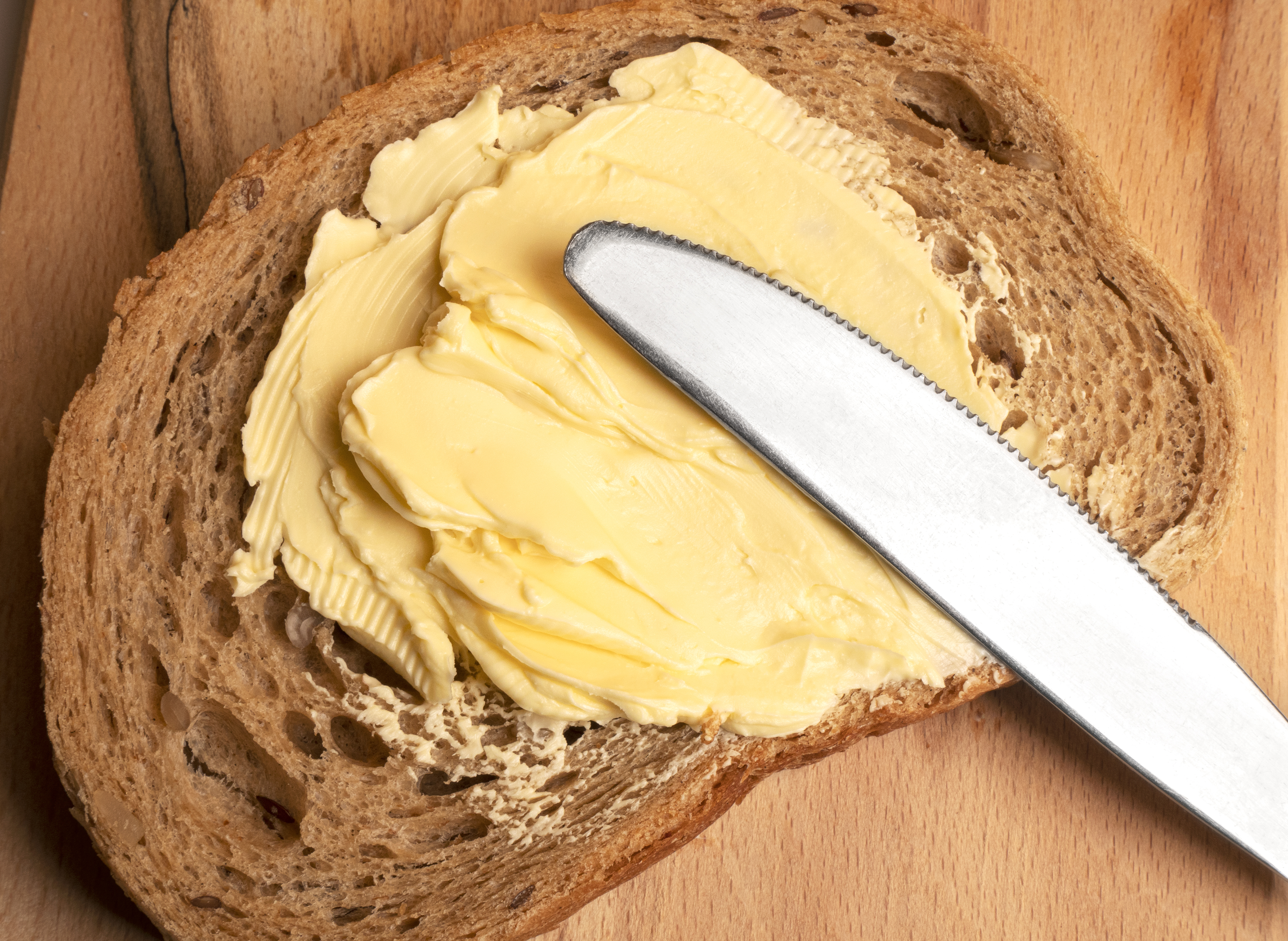
Trans fats, often found in partially hydrogenated oils, are notorious for their negative impact on heart health. These unhealthy fats can raise levels of low-density lipoprotein (LDL) cholesterol while lowering high-density lipoprotein (HDL) cholesterol. This imbalance contributes to the development of atherosclerosis, a condition characterized by the hardening and narrowing of the arteries. As a result, blood pressure increases due to the restricted blood flow. Foods such as baked goods, fried foods, and margarine are common sources of trans fats and should be avoided to maintain healthy blood pressure levels. The detrimental effects of trans fats have led to widespread regulatory measures to reduce their presence in the food supply. However, they still lurk in many processed foods, particularly those with long shelf lives. By choosing foods with healthy fats, such as avocados, nuts, and olive oil, individuals can promote heart health and support blood pressure management. Awareness and education about the hidden presence of trans fats in the diet are essential for making informed dietary choices and reducing the risk of hypertension.
5. The Red Meat Dilemma: A Carnivore's Challenge

Red meat, when consumed in excess, is associated with an increased risk of hypertension. The high levels of saturated fats and cholesterol found in red meat contribute to arterial stiffness and inflammation, both of which can elevate blood pressure. Additionally, red meat is often seasoned with high-sodium marinades or sauces, further exacerbating its hypertensive effects. While lean cuts of red meat can be part of a balanced diet, moderation is key to preventing adverse health outcomes. The link between red meat consumption and hypertension has prompted many health organizations to recommend limiting intake. Plant-based proteins, such as legumes and tofu, offer heart-healthy alternatives that can help maintain normal blood pressure levels. By incorporating a variety of protein sources into their diet, individuals can enjoy the nutritional benefits of red meat without the associated risks. This balanced approach supports cardiovascular health and aligns with dietary guidelines for hypertension prevention.
6. Caffeine Conundrum: The Stimulant's Short-Term Spike
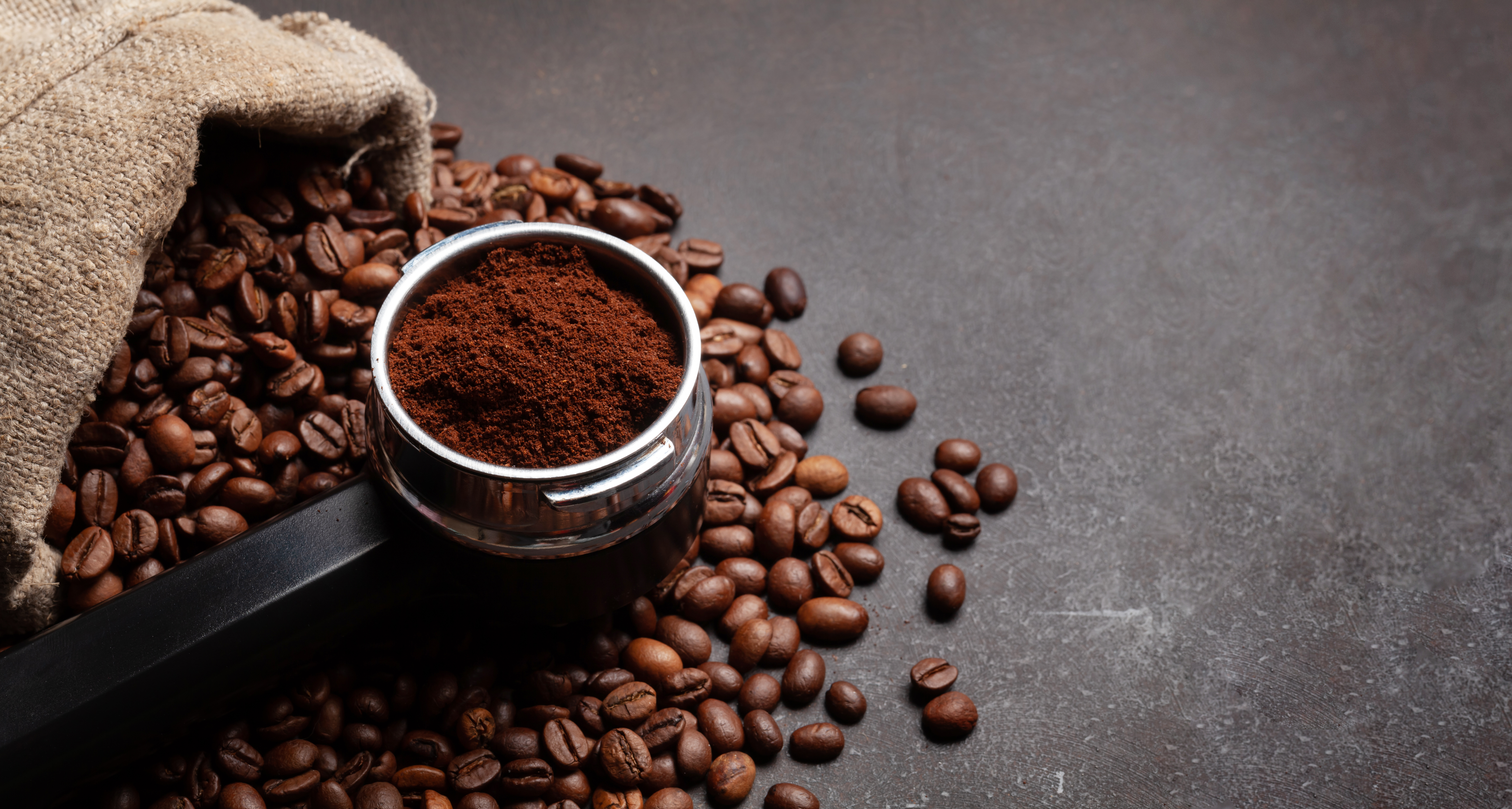
Caffeine, a natural stimulant found in coffee, tea, and energy drinks, can cause a temporary increase in blood pressure. The exact mechanism is not fully understood, but it is believed that caffeine stimulates the adrenal glands to release adrenaline, which can lead to increased heart rate and blood pressure. While moderate caffeine consumption is generally considered safe for most people, those with hypertension or sensitivity to caffeine may experience more pronounced effects. The impact of caffeine on blood pressure varies among individuals, making it important to monitor personal responses to caffeinated beverages. Reducing caffeine intake or switching to decaffeinated options can help mitigate its hypertensive effects. Additionally, staying hydrated and balancing caffeine consumption with other healthy lifestyle choices can support overall cardiovascular health. By understanding their own tolerance to caffeine, individuals can make informed decisions about their intake and manage their blood pressure more effectively.
7. Alcohol: The Double-Edged Sword

Alcohol consumption has a complex relationship with blood pressure. In moderation, it may have a protective effect on the cardiovascular system, but excessive intake can lead to hypertension. Alcohol can increase blood pressure by interfering with the baroreceptors, which help regulate blood pressure, and by causing the release of stress hormones like cortisol. Binge drinking and chronic alcohol use are particularly detrimental, contributing to sustained increases in blood pressure and the risk of cardiovascular disease. Moderation is key when it comes to alcohol consumption and blood pressure management. For those who choose to drink, it is important to adhere to recommended guidelines, such as limiting intake to one drink per day for women and two for men. Additionally, choosing heart-healthy alcoholic beverages, such as red wine, which contains beneficial antioxidants, can further support cardiovascular health. By being mindful of alcohol consumption, individuals can enjoy its social and cultural benefits without compromising their blood pressure or overall well-being.
8. The Pickle Predicament: Fermented Foods and Sodium

Fermented foods, such as pickles, sauerkraut, and kimchi, are celebrated for their probiotic benefits and unique flavors. However, they are also high in sodium, which can contribute to elevated blood pressure. The fermentation process often involves the addition of salt to preserve the food and enhance its taste, resulting in significant sodium content. While the probiotics in fermented foods can support gut health, the high sodium levels can counteract these benefits for individuals with hypertension. To enjoy the health benefits of fermented foods without the risk of hypertension, individuals can opt for low-sodium versions or make their own at home using less salt. Additionally, balancing fermented food intake with other low-sodium foods throughout the day can help manage overall sodium consumption. By being conscious of sodium content and portion sizes, individuals can incorporate fermented foods into their diet while maintaining healthy blood pressure levels.
9. The Cheese Conundrum: A Calcium-Rich Dilemma
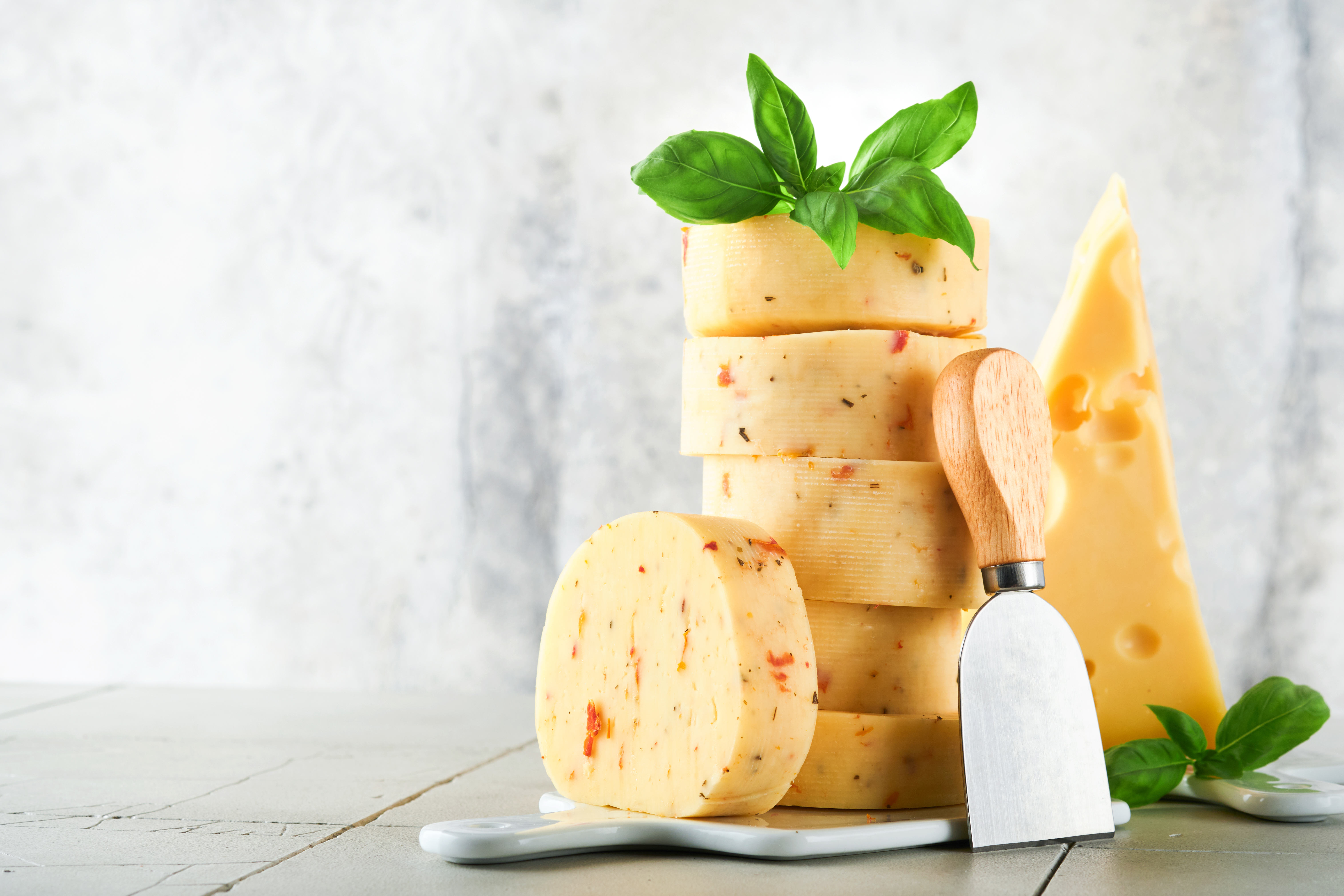
Cheese is a beloved dairy product known for its rich flavor and versatility. However, it is also a significant source of sodium and saturated fats, both of which can contribute to hypertension. Many types of cheese, particularly processed varieties, contain high sodium levels that can lead to increased blood pressure. While cheese provides essential nutrients like calcium and protein, its potential impact on blood pressure necessitates mindful consumption. Choosing low-sodium or reduced-fat cheese options can help mitigate the hypertensive effects while still enjoying the nutritional benefits of cheese. Additionally, incorporating cheese into a balanced diet that includes plenty of fruits, vegetables, and whole grains can support heart health. By being selective with cheese choices and mindful of portion sizes, individuals can savor this dairy delight without compromising their blood pressure or overall health.
10. The Soy Sauce Surprise: A Salty Condiment

Soy sauce is a popular condiment used in various cuisines to enhance flavor. However, it is notoriously high in sodium, with just one tablespoon containing nearly 40% of the recommended daily sodium intake. This high sodium content can lead to increased blood pressure, particularly when soy sauce is used liberally in cooking or as a dipping sauce. For individuals with hypertension, soy sauce can be a hidden source of excessive sodium intake. To enjoy the umami flavor of soy sauce without the associated sodium risks, individuals can opt for low-sodium or sodium-free alternatives. Additionally, using soy sauce sparingly and balancing it with other low-sodium ingredients can help manage overall sodium consumption. By being mindful of soy sauce usage and exploring alternative seasonings, individuals can enjoy flavorful meals while maintaining healthy blood pressure levels.
11. Frozen and Fast Foods: Convenience at a Cost

Frozen and fast foods are convenient options for busy lifestyles, but they often come with a high sodium and unhealthy fat content. Items like frozen pizzas, burgers, and fries are typically loaded with salt and trans fats, contributing to elevated blood pressure and cardiovascular risk. The convenience of these foods often masks their potential health hazards, leading to overconsumption and increased hypertension risk. To mitigate the impact of frozen and fast foods on blood pressure, individuals can prioritize homemade meals using fresh ingredients. When convenience is necessary, choosing healthier options with lower sodium and fat content can make a significant difference. By being aware of the nutritional content of frozen and fast foods and making conscious choices, individuals can enjoy convenience without compromising their cardiovascular health.
12. The Hidden Dangers of Canned Goods
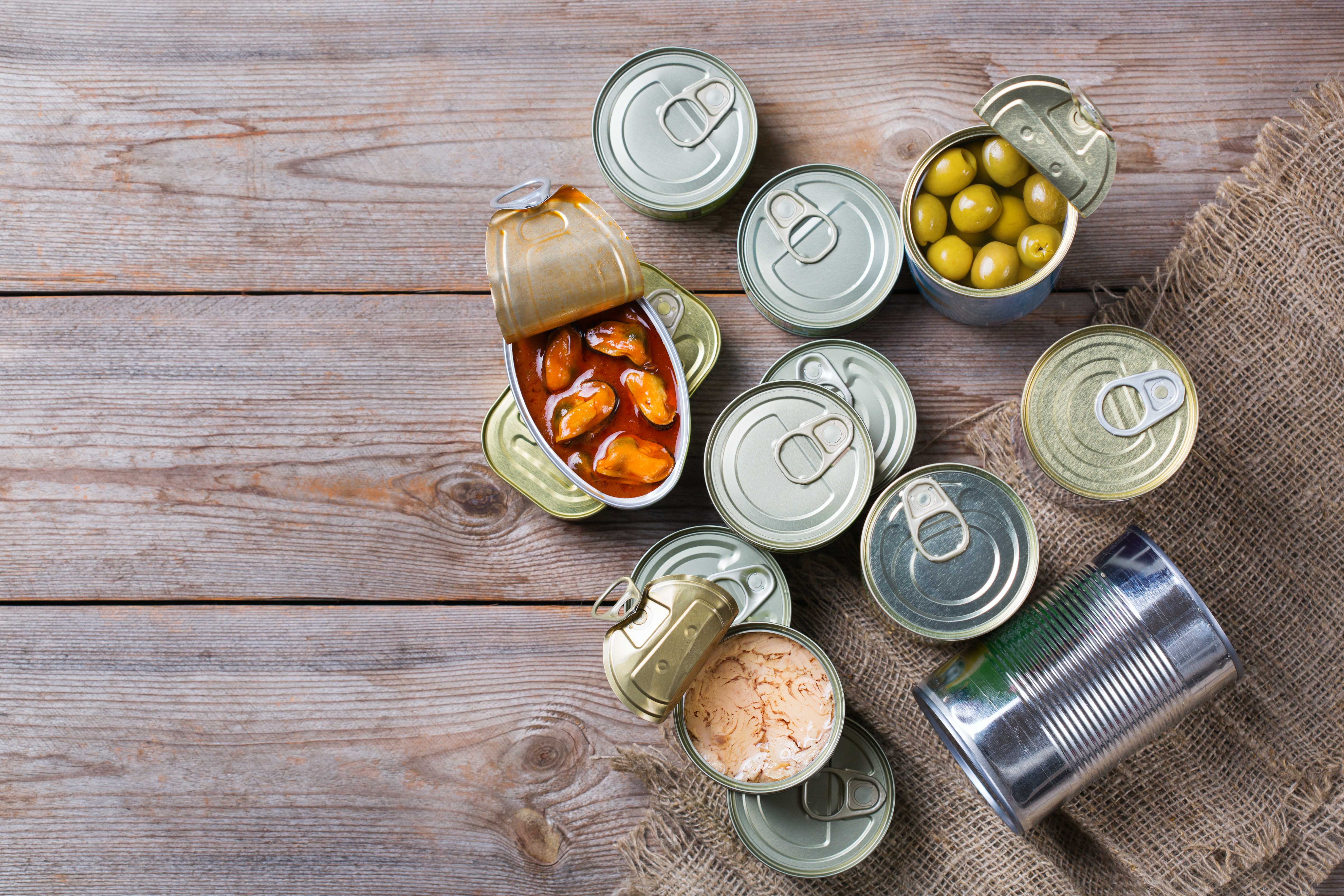
Canned goods are a pantry staple due to their long shelf life and convenience. However, many canned products, such as soups, vegetables, and beans, contain high levels of sodium used as a preservative. This hidden sodium can contribute to increased blood pressure, particularly when canned goods are consumed frequently or in large quantities. For individuals with hypertension, being aware of the sodium content in canned foods is essential for effective blood pressure management. Choosing low-sodium or no-salt-added canned options can significantly reduce sodium intake. Additionally, rinsing canned vegetables and beans before consumption can help remove some of the excess sodium. By being mindful of the sodium content in canned goods and incorporating fresh or frozen alternatives, individuals can enjoy the convenience of canned foods while maintaining healthy blood pressure levels.
13. The Snack Attack: Processed Snacks and Blood Pressure
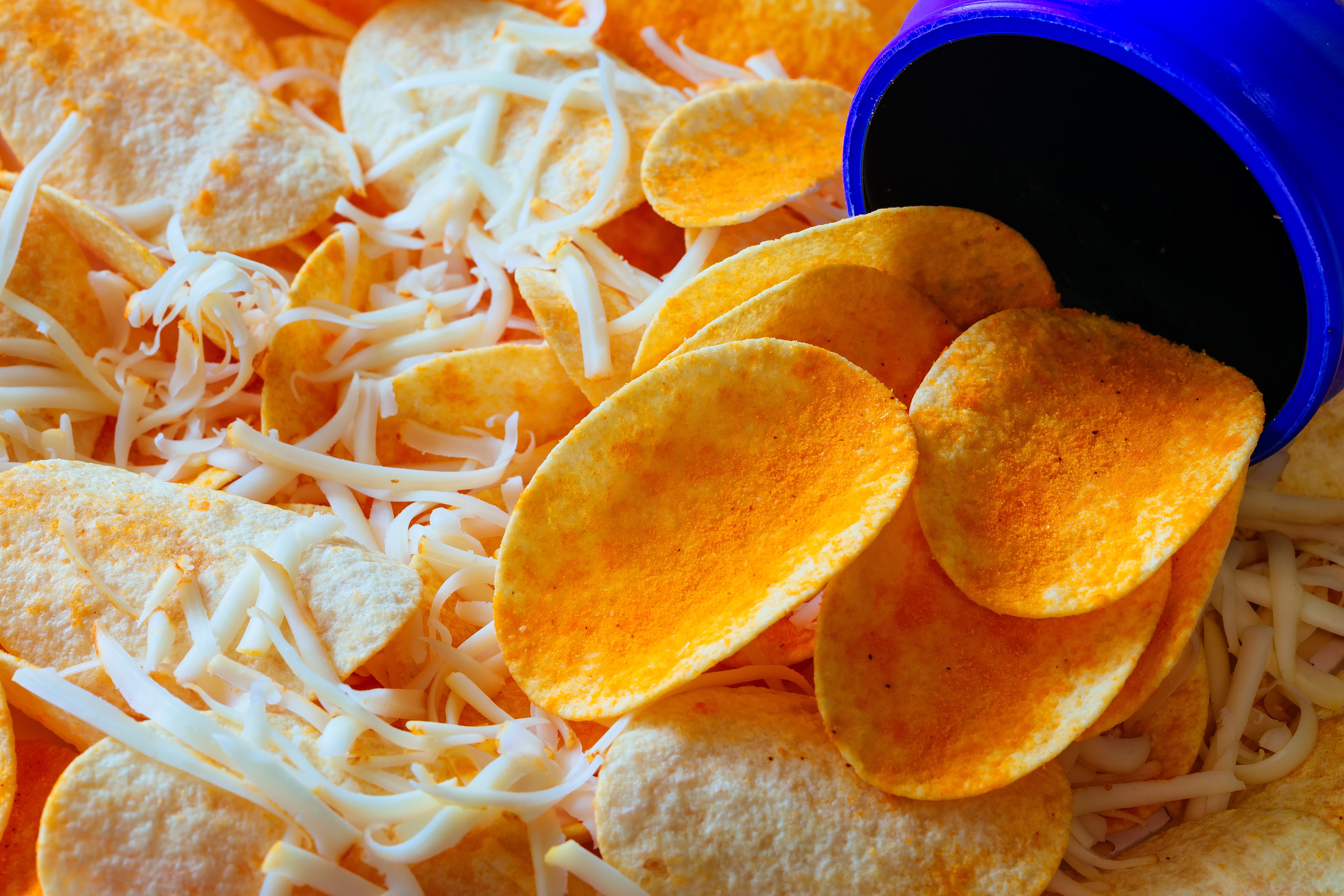
Processed snacks, such as chips, crackers, and pretzels, are popular choices for quick and satisfying bites. However, they are often high in sodium, unhealthy fats, and refined carbohydrates, all of which can contribute to elevated blood pressure. The addictive nature of these snacks can lead to overconsumption, further increasing the risk of hypertension and related health issues. To manage blood pressure effectively, individuals can opt for healthier snack alternatives, such as fresh fruits, vegetables, nuts, and seeds. These options provide essential nutrients and fiber without the excessive sodium and unhealthy fats found in processed snacks. By making conscious snack choices and being mindful of portion sizes, individuals can enjoy satisfying snacks while supporting their cardiovascular health.
Empowering Dietary Choices for Blood Pressure Control

The journey through the dietary landscape of hypertension has highlighted twelve crucial foods that can spike blood pressure and should be avoided or consumed in moderation. By understanding the impact of sodium, sugar, unhealthy fats, and processed foods on blood pressure, individuals can make informed dietary choices that support cardiovascular health. Each section of this article has provided insights into the mechanisms, research findings, and practical strategies for managing blood pressure through diet. Empowering individuals with knowledge about the foods that affect blood pressure is a critical step in preventing and managing hypertension. By prioritizing fresh, whole foods and being mindful of sodium, sugar, and unhealthy fat intake, individuals can take control of their health and reduce the risk of hypertension-related complications. This proactive approach not only supports blood pressure management but also contributes to overall well-being and longevity.